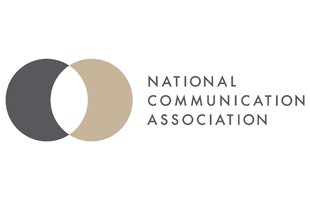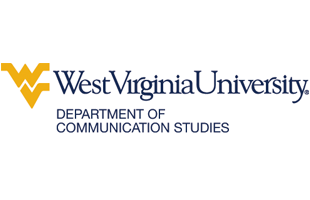
In many communities, the environmental impacts of energy production create a unique paradox in that jobs are created by the same energy sources that can cause environmental harm.
At this public program, panelists addressed the ways that communication can help solve/and or contribute to environmental issues caused by energy creation and consumption.
Reception: 5:00 - 6:00 PM in the Vandalia Lounge
Program: 6:00 - 7:30 PM in the Shenandoah Room
Co-Sponsor: Department of Communication Studies, West Virginia University
![]()
Moderator

LaKesha N. Anderson, Ph.D., Director of Academic and Professional Affairs, National Communication Association
LaKesha N. Anderson is the Director of Academic and Professional Affairs at the National Communication Association and a faculty member in the Johns Hopkins University’s MA in Communication Program. Anderson holds a Ph.D. from George Mason University. Her research on health, risk, and crisis communication has been featured in several journals and books. Immediately prior to joining NCA, she was an Assistant Professor of Communication at Indiana State University.
Panelists
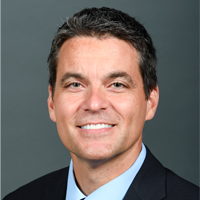
Brian Ballentine, Ph.D., Professor and Chair, West Virginia University
Brian Ballentine began his career as a software engineer and technical writer, working in the medical industry designing user interfaces for web-based radiology applications. His research has appeared in journals such as Technical Communication, IEEE Transactions on Professional Communication, Technical Communication Quarterly, Computers and Composition, and the Journal of Technical Writing and Communication. His article, “Rhetoric, Risk, and Hydraulic Fracturing: One Landowner’s Perspective,” appeared in a 2019 special issue of Communication Design Quarterly dedicated to environmental communication.
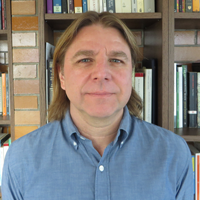
Peter K. Bsumek, Ph.D., Professor, James Madison University
Peter Bsumek is a Professor in the School of Communication Studies at James Madison University, where he has served as Director of the MA program in Communication and Advocacy and Coordinator of the interdisciplinary Environmental Studies minor program. He is the 2014 recipient of the NCA Environmental Communication Division’s J. Robert Cox Award for Environmental Communication and Civic Engagement. He has also won the Christine Oravec Research Award (2014) and the Tarla Peterson Award for the Environmental Communication Book of the Year (2016). Bsumek teaches courses in environmental communication, social movement rhetoric, advocacy, and rhetoric.
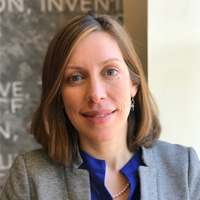
Emily Hughes Corio, M.S.J., Teaching Associate Professor, West Virginia University
Emily Hughes Corio is a Teaching Associate Professor in the Reed College of Media at West Virginia University. She teaches journalism courses in audio and video reporting and leads a collaborative reporting project in which student journalists cover relevant issues in West Virginia. In 2018, the issue focus was the Atlantic Coast Pipeline. Prior to joining the WVU faculty, Hughes Corio was Assistant News Director for public television and radio in West Virginia and worked as a journalist in the state for ten years.
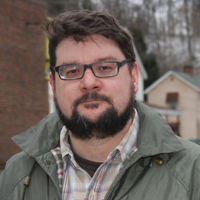
Lou Martin, Ph.D., Associate Professor and Chair, Chatham University
Lou Martin is an Associate Professor of History at Chatham University and author of Smokestacks in the Hills: Rural-Industrial Workers in West Virginia. He is a founding board member of the West Virginia Mine Wars Museum and an honorary member of the United Mine Workers of America, Local 1440. He has written on coal industry rhetoric and is currently researching the 1950s and 1960s collapse of the coalfield economy.
![]()


